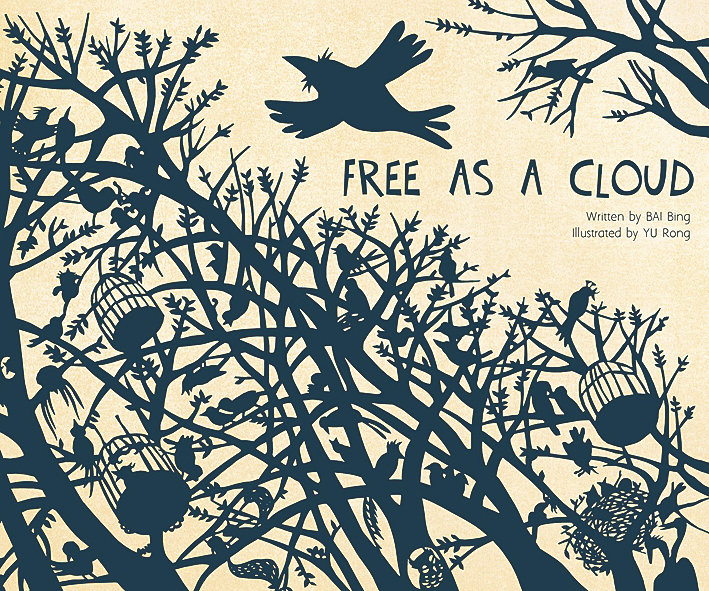

A book is not simply a book
As in Shu Lin's Grandpa, Yu has also felt an uneasiness when facing a new environment, especially when she moved from school to school, following her mother, who was a primary school head teacher.
Later, when she moved to the UK, she was confronted with a society that was seen as a melting pot of racial and ethnic diversity, but that was also a place where the white community was in the majority. Reflections on conflicts, understanding, identification, and integration became part of her daily life.
She hopes her upcoming book on autistic children will be another growth spurt for her development.
"One of my friend's sons is autistic, and he is particularly interested in light," she says. "The boy caught the light by covering his eyes with the back of his hands and looking at it through his fingers. Now, if one day, I meet a child doing similar things on the street, I would know he or she is enjoying the most wonderful moment in life."
For children, these stories, word by word, stroke by stroke, can educate them to perceive the wider world with an inclusive mindset from an early age.
"That's the power of children's books," says Yu.
What makes her prouder still is that she is speaking up in the Western children's book industry, as a Chinese person and as an Asian woman.
Yu recalls being invited to the English city of Newcastle in 2018, to attend a forum called Diversity of Voice, where she met with others to discuss how to increase diversity in the children's book publishing industry. She was one of two Asians in the room and felt a little excited about the opportunity to represent Asians in the field.
That sense of responsibility pushes her forward.
"My work, and my identity, might also plant a small seed in the hearts of some people, and this seed must mean something," says Yu, who adds that one day, it may take root, sprout, and grow into a huge tree.
Zheng Wanyin contributed to this story.